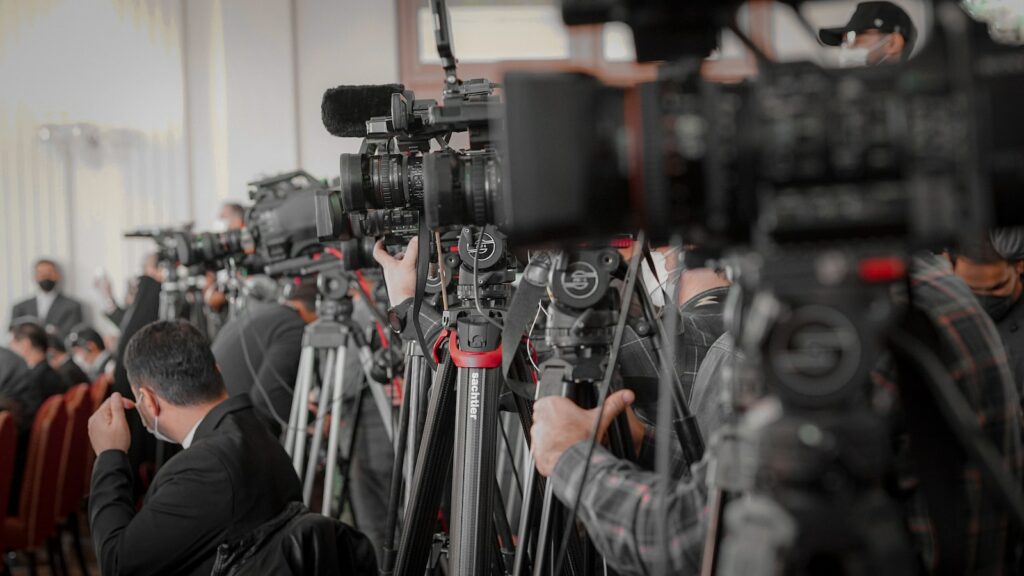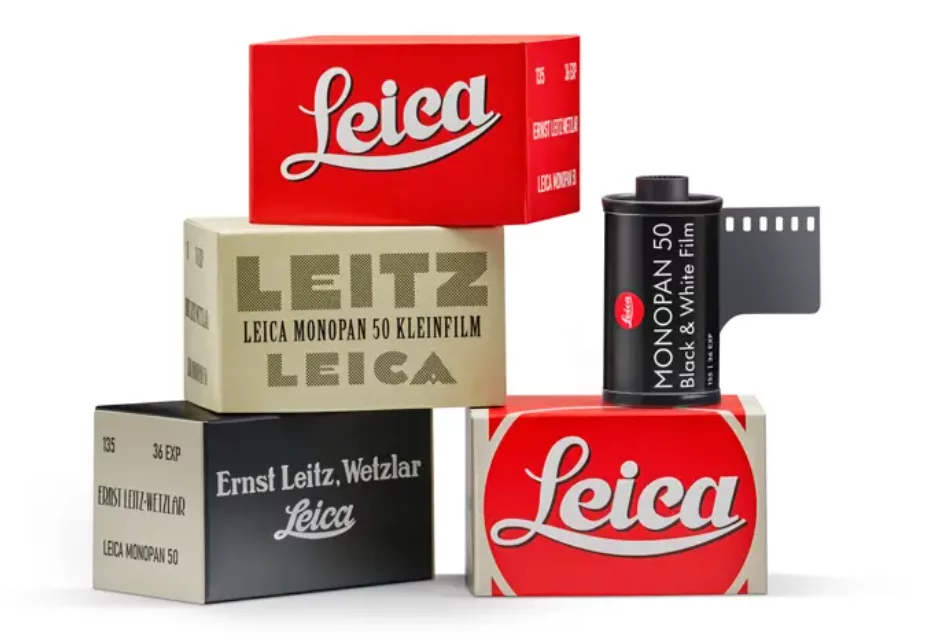There are a lot of legal issues around artificial intelligence platforms capable of generating media of one kind or another.

We’ve covered many of them here. From copyright infringement to protecting users against lawsuits, there’s a dash of everything in our headlines. And today’s topic is actually a bit older than many of the lawsuits we’ve discussed.
Deep fakes started becoming a thing years ago and that was before everyone started talking about “promptography” and AI. Essentially an appropriation of someone’s likeness in digital form, deep fakes are increasingly more convincing and, as a result, more dangerous than ever before.
Whether it is espousing something controversial or shilling for a product, there’s an example of just about everything you could think of out there. The Los Angeles Times, in its article “Senators draft policy aimed at deep fakes of Drake, Tom Hanks and noncelebrities,” discusses how legislators behind the Nurture Originals, Foster Art, and Keep Entertainment Safe Act, or NO FAKES act hope to prevent things such as a recent, fake, collaboration between hip hop artists The Weeknd and Drake.
An AI-generated song apparently went viral back in April but was released without disclosing that it was generated using artificial intelligence thus garnering attention under the false pretenses that it was a legitimate collaborative work between the two artists.
In this instance, and different than other stories we have covered, the AI was able to recreate the voice and sound of the artists which casts a whole other shade to the growing presence of AI in almost everything.
Although it’s all in the draft stage at this point, if passed into law, it wouldn’t make deep fakes illegal, but it would provide a path forward for legal recourse for people who have their likeness misused. Basically, it’s a first attempt at reigning in the brave new legal frontier being created through the emergence of artificial intelligence.
The article also discusses the implications for industries such as Hollywood where possible licensing of likenesses is probably going to become a hot topic in coming years.
What do you think of deep fakes and AI-generated content? Let us know your thoughts in the comments.
Check out some of our other headlines at this link right here.




